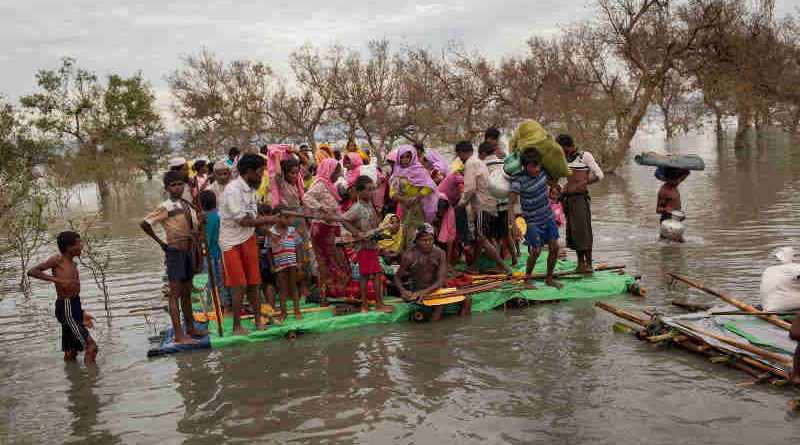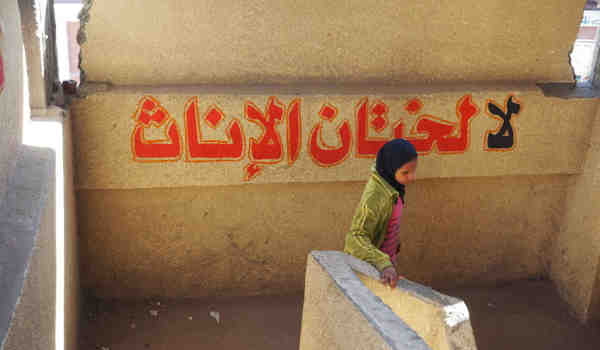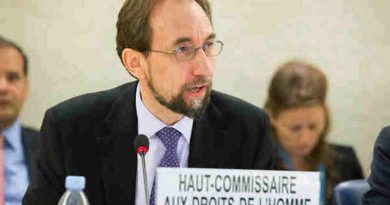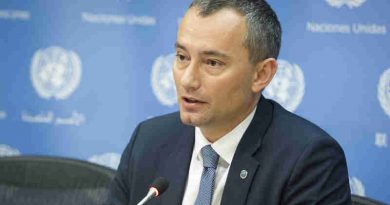UN Needs Nearly $1 Billion for Rohingya Refugees
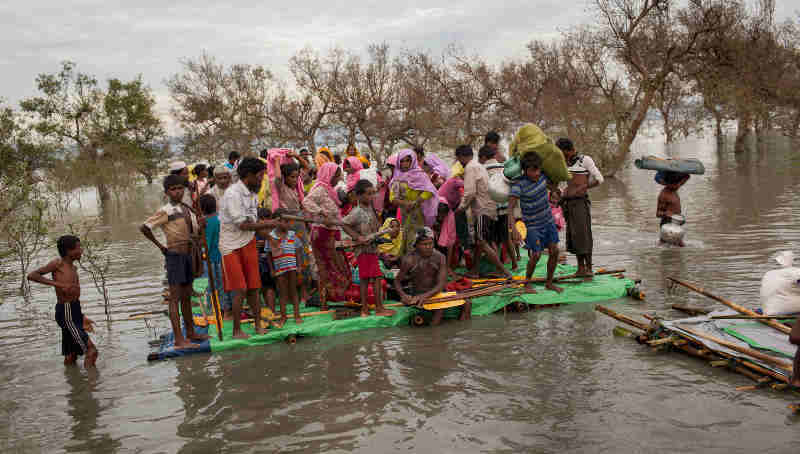
To meet the urgent needs of nearly 900,000 Rohingya refugees and more than 330,000 vulnerable Bangladeshis in the communities hosting them, United Nations agencies and their humanitarian partners appealed jointly on Friday for $951 million.
“We are talking about truly critical needs here both on the part of the Bangladeshi communities who have so generously opened their doors, and of a Stateless and refugee population that even prior to this crisis was among the world’s most marginalised and at risk,” UN High Commissioner for Refugees Filippo Grandi said in Geneva, launching the 2018 Joint Response Plan (JRP) for the Rohingya humanitarian crisis.
Over the months since the most recent Rohingya influx began, it has become the world’s fastest growing refugee crisis – with tens of thousands fleeing by land and sea daily from Myanmar’s northern Rakhine state at the peak of the emergency.
[ Myanmar: UN Rights Expert Reports Genocide in Rakhine State ]
According to the UN, the Bangladesh Government and people have responded with extraordinary generosity and hospitality to the 671,000 Rohingya refugees who have arrived since 25 August.
Almost seven months in, UN says refugees continue to arrive and the situation in Cox’s Bazar remains fluid. The Kutupalong-Balukhali site, where some 600,000 refugees are living, is now stated to be the largest and most densely populated refugee settlement in the world.
Precarious conditions and the ongoing emergency response there are about to be further challenged by the approaching monsoon season, placing more than 150,000 Rohingya refugees at risk of landslides and floods, threatening disaster on top of the current emergency.
“The solutions to this crisis lie inside Myanmar, and conditions must be established that will allow refugees to return home,” said Mr. Grandi. “But today we are appealing for help with the immediate needs, and these needs are vast.”
The UN says that the humanitarian response faces immense challenges, including congested conditions, gender-based violence and critical public health concerns, namely measles, diphtheria and diarrhoea.
So far, according to the UN, the emergency response from September 2017 to February 2018 has received $321 million of the $434 million required.


